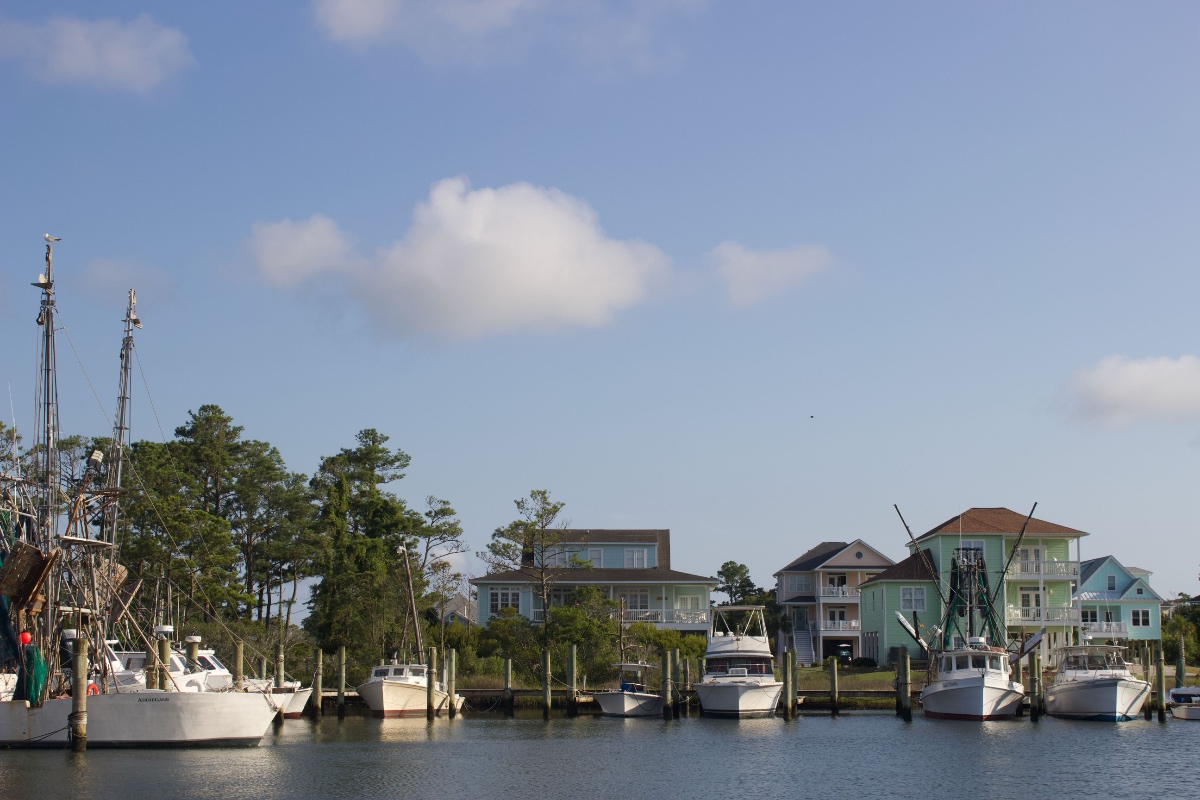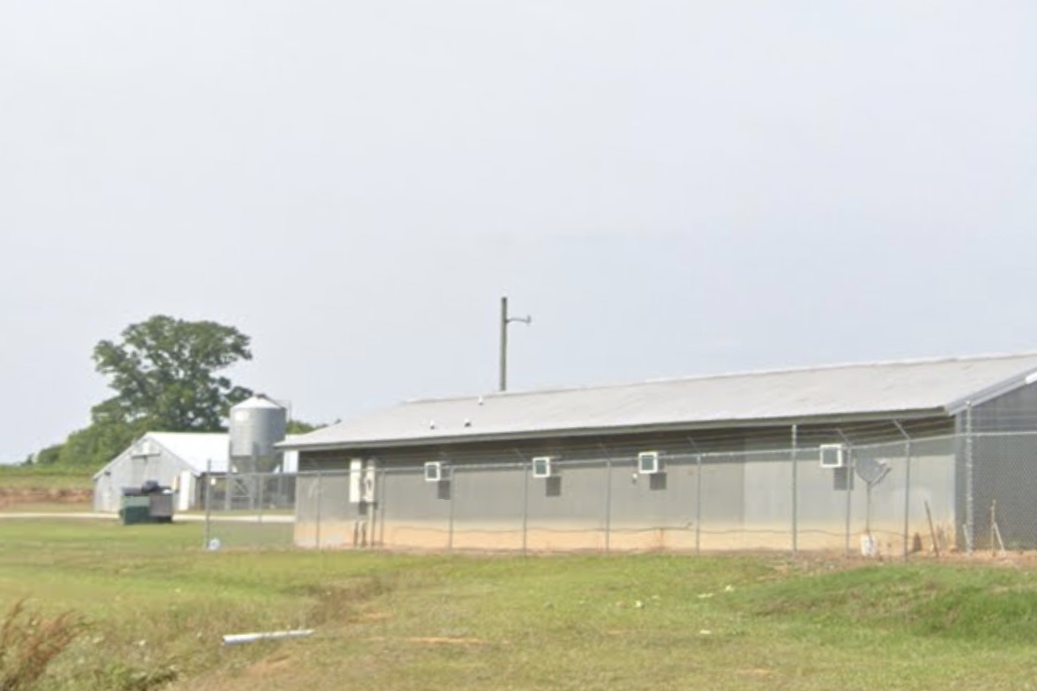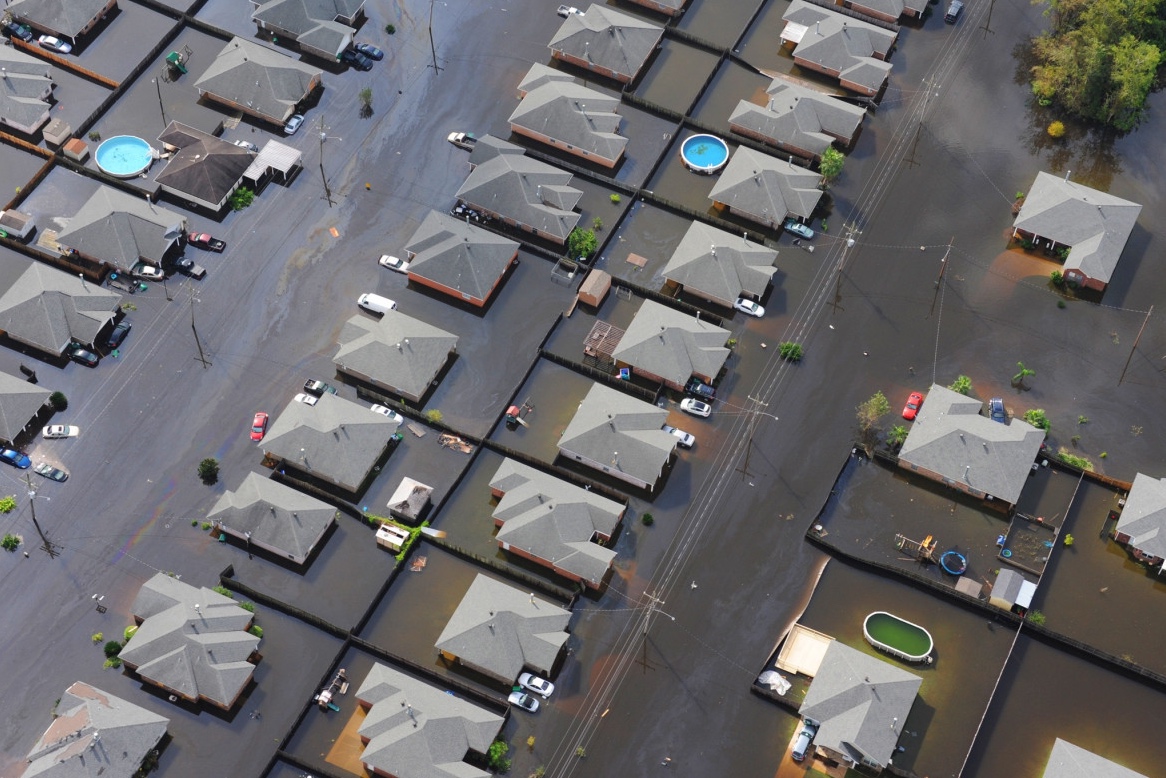
James P. Collins he/him
I am an environmental social scientist and geographer studying how communities respond to natural hazards. I am currently a Ph.D. student in the Department of City and Regional Planning at the University of North Carolina at Chapel Hill. My research documents climate change impacts and adaptation in terms of (im)mobilities, health and well-being, and political ecology.
I earned a B.S. in environmental science and a B.A. in government from the University of Texas at Austin. I previously worked in municipal utility planning with the City of Austin, Texas.
I am happy to connect via the links under my photo.
James is an environmental social scientist and geographer studying how communities respond to natural hazards. He is currently a Ph.D. student in the Department of City and Regional Planning at the University of North Carolina at Chapel Hill. His research documents climate change impacts and adaptation in terms of (im)mobilities, health and well-being, and political ecology.
James earned a B.S. in environmental science and a B.A. in government from the University of Texas at Austin. He previously worked in municipal utility planning with the City of Austin, Texas.
James is happy to connect via the links under his photo.
Research

Chronic coastal flooding tolerance in rural North Carolina
We asked people how they are tolerating more frequent non-catastrophic flooding from tides, wind, and rainfall.
I am using these interviews to describe how people stay in place despite flooding in the context of population growth, development, and environmental change.

Farm worker housing and exposure to natural hazards
Farm workers with H-2A visas must use employer-provided housing and transportation while in the US. This arrangement shapes exposure to thermal, flooding, and other hazards.
I am designing research to examine how this form of housing contributes to environmental risk and well-being outcomes.

Long-term outcomes of floodplain buyouts
Residential floodplain buyouts are used across the US to reduce exposure to flooding, yet relatively little is known about how people fare in the long-term after taking a buyout.
I am designing research on the effects of taking a buyout on long-term physical and financial well-being.